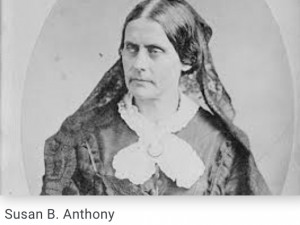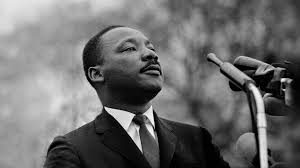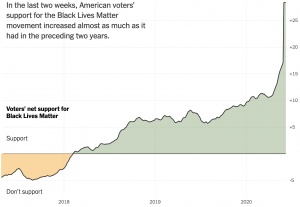
By Scott T. Allison
Some songs reach beyond melody — they reach into our souls. The Impossible Dream, from Man of La Mancha, is one of those rare pieces of music that transcends time and genre. When Don Quixote declares his intention “to fight the unbeatable foe” and “reach the unreachable star,” we feel the pull of something deeply human — the yearning to live with purpose, integrity, and heart.
At first, Quixote’s dream seems absurd. Why chase what you can’t catch? Why take on battles that can’t be won? Yet that’s exactly what makes his dream so profoundly heroic. True heroism has never been about victory; it’s about perseverance, conviction, and the courage to act even when success seems impossible.
Psychologists describe everyday heroes as ordinary people who step forward when others stand aside. They act not because they are fearless, but because their conscience leaves them no choice. The Impossible Dream captures this quiet defiance perfectly — it’s a love song to the human spirit, to our stubborn belief that goodness still matters and that one person’s action can make a difference.
When we listen, we don’t just admire Quixote’s idealism; we join him in it. The song invites each of us to imagine what courage might look like in our own daily lives — speaking truth when silence feels safer, offering kindness in a cynical world, holding fast to compassion when it would be easier to walk away.
This kind of heroism — what psychologists call moral courage — surrounds us more than we realize. It’s visible in the nurse who keeps showing up through exhaustion, the teacher who protects a vulnerable student, the neighbor who stands up against hate. These people may never call themselves heroes, but their actions echo the same timeless call: to live with heart, no matter the cost.
Beneath its stirring lyrics, The Impossible Dream reminds us of a truth Viktor Frankl once wrote about: that meaning is what makes endurance possible. To “dream the impossible dream” is to keep believing that our lives, however small they seem, can help tilt the world a little more toward light.
Perhaps that’s why the song still moves people generations later. It speaks to something eternal in us — the desire to strive, to love, and to serve, even when the odds are steep. To chase the unreachable star is not to be delusional; it’s to live with purpose. It’s to see ourselves as part of something larger and nobler than our own comfort.
So when the world feels heavy, remember Don Quixote’s anthem. Sing it — loudly, imperfectly, unapologetically. Because the act of reaching, even when the goal is distant, is what makes us most human.
And that, in the end, is the most heroic dream of all.
References
Franco, Z., & Zimbardo, P. (2006). The banality of heroism. Greater Good, 3(2), 30-35.
Franco, Z. E., Allison, S. T., & Riches, B. R. (2025). Honoring Philip Zimbardo: Personal reflections on a legacy in Heroism Studies. Heroism Science, 10(1), 1-37.
Pascoe, J., Thorkhildsen, T., & Allison, S. T. (2026). Everyday heroism: Courage, compassion and the power to change the world. Cambridge Scholars.
= = = = =


